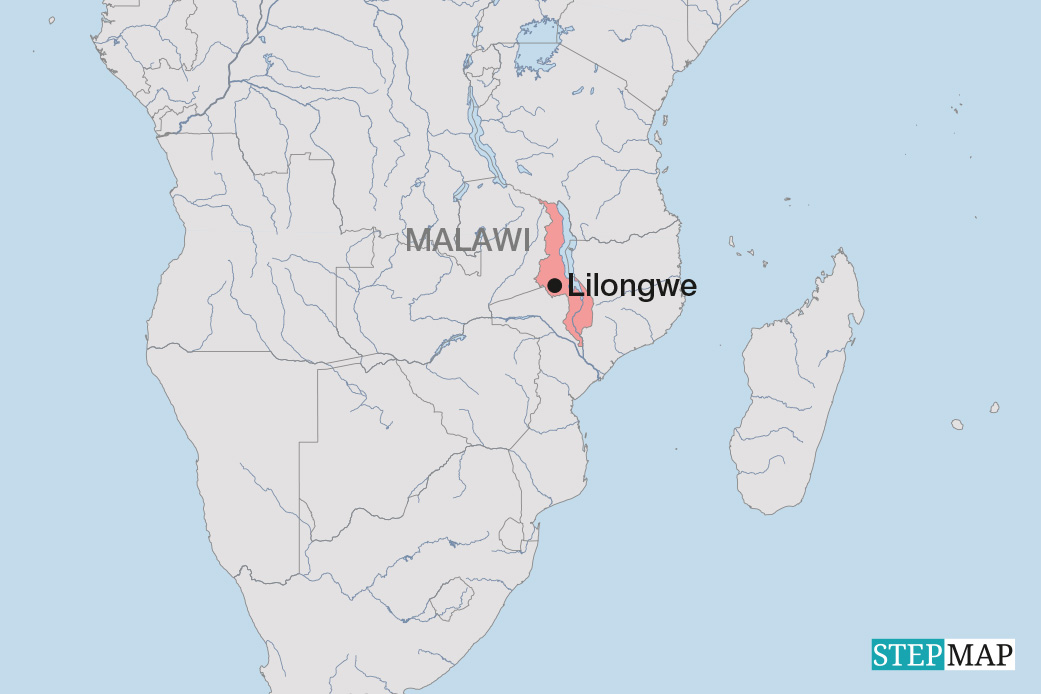Mental illness
Kenya debates decriminalising suicide to address mental health

Decriminalising suicide or not has been the focus of renewed debate in Kenya as parliamentarians weigh the merits of a controversial law that criminalises any attempts to take one’s life.
According to the country’s Penal Code, any person who attempts to kill himself is guilty of a misdemeanour. The code further prescribes a general punishment of imprisonment for a term not exceeding two years or with a fine, or with both.
A group of activists under the umbrella “Decriminalisation of Attempted Suicide” presented a petition to parliament in August 2024 to challenge the law.
The petitioner, Lukoye Atwoli, a professor of psychiatry at a local university asserted that criminalising suicide attempts not only fails to address the underlying mental health issues but also perpetuates stigma and shame surrounding mental illness.
The petitioners argue that the law contradicts another legal provision that addresses mental health. The law in question defines a person with mental illness as a person with among others “suicidal ideation or behaviour.”
“Moreover, the criminalisation of suicide hinders accurate data collection while undermining suicide prevention efforts,” Atwoli asserts.
He lamented that Kenya is one of the few countries with legislation criminalising attempted suicide, adding that many countries decriminalised attempted suicide. He argued that by decriminalising suicide attempts, such countries allow mentally ill patients access to the help they require.
The right to healthcare
“The continued application of the provisions contradicts the provisions of Article 43 of the Constitution, which states that every person has the right to the highest attainable standard of health, which includes the right to healthcare services, including reproductive healthcare and that a person shall not be denied emergency medical treatment,” Atwoli elaborates.
Debate on the matter has attracted varied reactions. While some people hail the petition as a move in the right direction, there are those who have faulted this approach, citing moral and religious justifications for the prohibition of suicide.
It however begs the question of just how much grip the state has on a person’s right to make choices, including the choice to retain or take away one’s life. It can be argued that the state needn’t criminalise such attempts but should instead invest towards bettering the lives and welfare of people.
There are many causes of suicide in Kenya. Many of these can be linked to people’s experiences with everyday life including financial, social and other environmental pressures, of which the government and society are key stakeholders. The government must therefore take some blame if its failure to uplift the standards of living lead people to making drastic decisions such as suicide.
Some activists have urged the Kenyan government to emulate countries such as the United Kingdom, which decriminalised suicide in 1961. Equally, a section of parliamentarians have pointed out that attempted suicide is a form of mental illness which has been categorised as a disease by the World Health Organization.
“This matter is very complex as we do not know why people commit suicide. We should be using doctors to treat those in distress instead of punishing them. It is vital that we use this opportunity to make use of all the psychological knowledge and methodologies to cure the ills associated with mental health and suicides,” Julius Sunkuli, a parliamentarian, says.
In Kenya, as in many parts of the world, there is need for efforts to fight stigma surrounding mental health. The government must do more to sensitise communities so that those who fall prey to mental illness receive the support they need.
Joseph Maina is a freelance writer based in Naivasha, Kenya.
mainajoseph166@gmail.com
If you are thinking about taking your own life, please talk to friends and family about it. International suicide hotlines offer professional help:
https://blog.opencounseling.com/suicide-hotlines/













